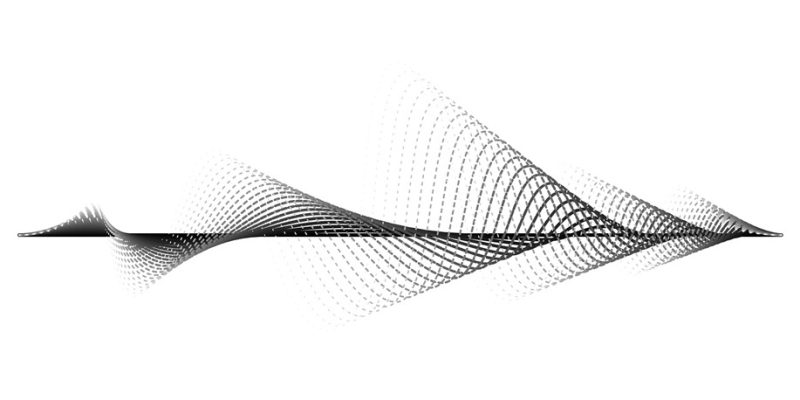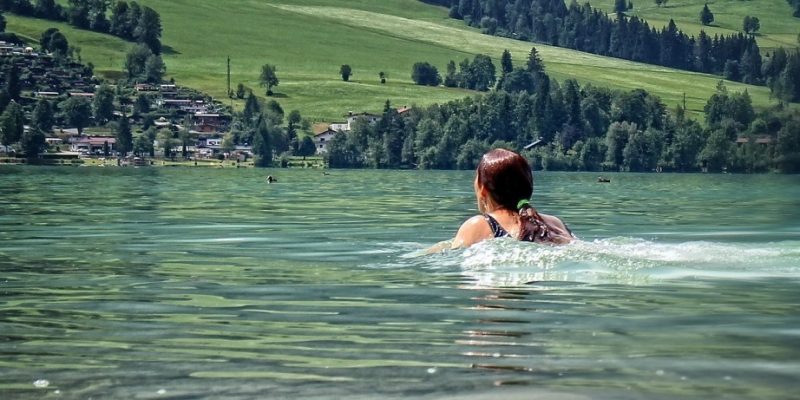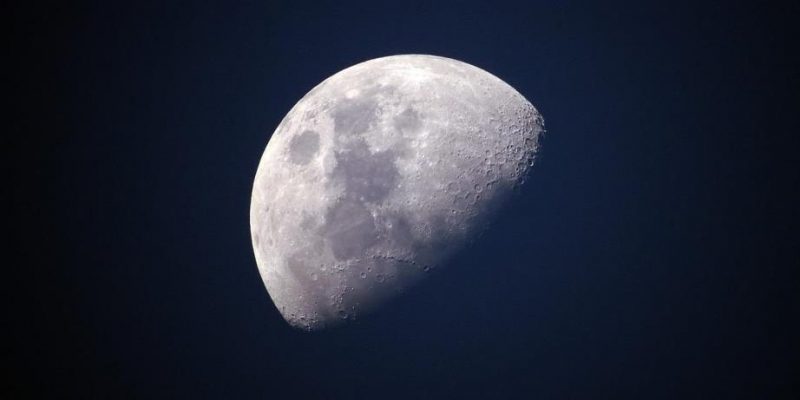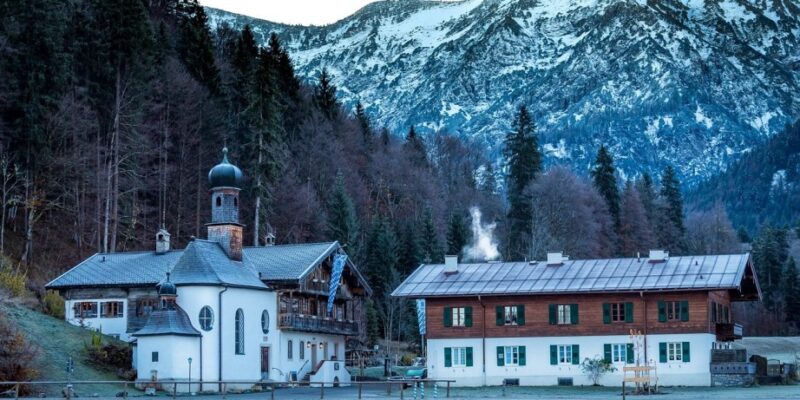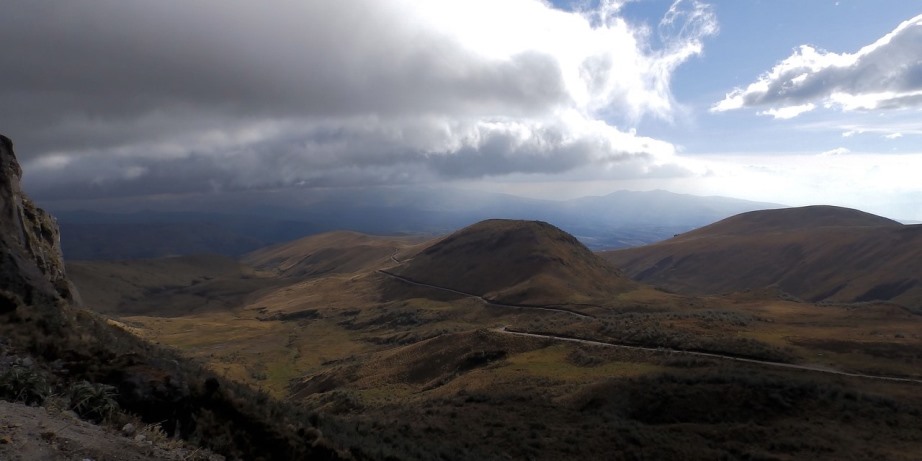
The expression (or idiom) silence before the storm — or calm before the storm — has always intrigued me, because apart from its figurative meaning it also has an actual tangible, very literal meaning.

Figuratively, it’s used when you know (or intuitively feel) that something is about to go happen (usually something unpleasant, difficult, tiring, or even horrible), but it hasn’t just yet, and there are no obvious, perceptible signs that something is to come.
Often then, you will experience that before any major incident, happening, frantic activity, or disaster, there is an astoundingly calm and unnatural atmosphere, a lull in action, a period of rest, peacefulness, and serenity.
Even so, the expression has a factual, physical origin thought to have first been used by sailors who noticed that just before a storm hit them on sea the weather became awkwardly and frightening calm. It think we’ve all observed this happening; everything suddenly becomes quiet outside, the birds and the bees stop making sounds, the trees don’t move, and not long after dark clouds, restless winds, and heavy rain come rolling in.

To be sure, there’s a scientific, barometric truth behind the saying. That is, the weather preceding a storm is sometimes utterly calm because the approaching storm is taking warm, humid air out of the atmosphere to fuel it, which then leaves a low-pressure vacuum in the surrounding area. Then, on the top of the storm clouds the air is being pushed out returning downwards to earth as stable, dry descending air that blankets an area in calmness.
Yet, scientific explanations aside, I still find it remarkable that this physical weather phenomena has it’s analogy in the world of man. And although it’s typically only used figuratively, it does refer to a tangible effect in the sense of a period of silence and calm before the actual physical violence, verbal dispute, or intense activity following it.
I think it probably means that the eternal “law of duality” simply does its work here: opposites only exists in conjunction with each other, and moreover — they need one another in order to exist. As such, high needs low, creation needs destruction, dry needs wet, action needs rest, peace needs war, and sound needs silence.









